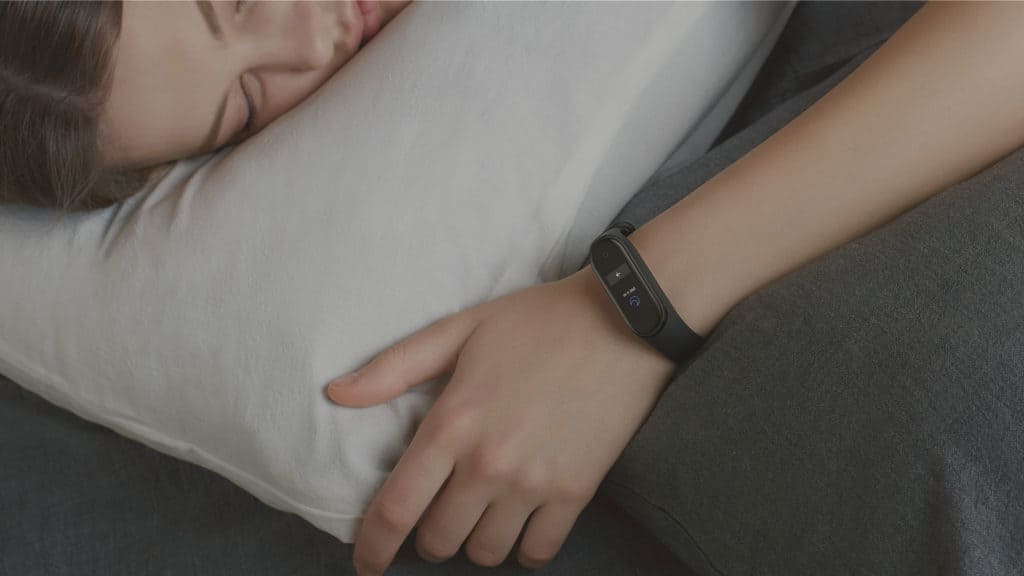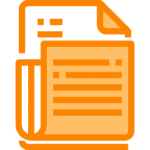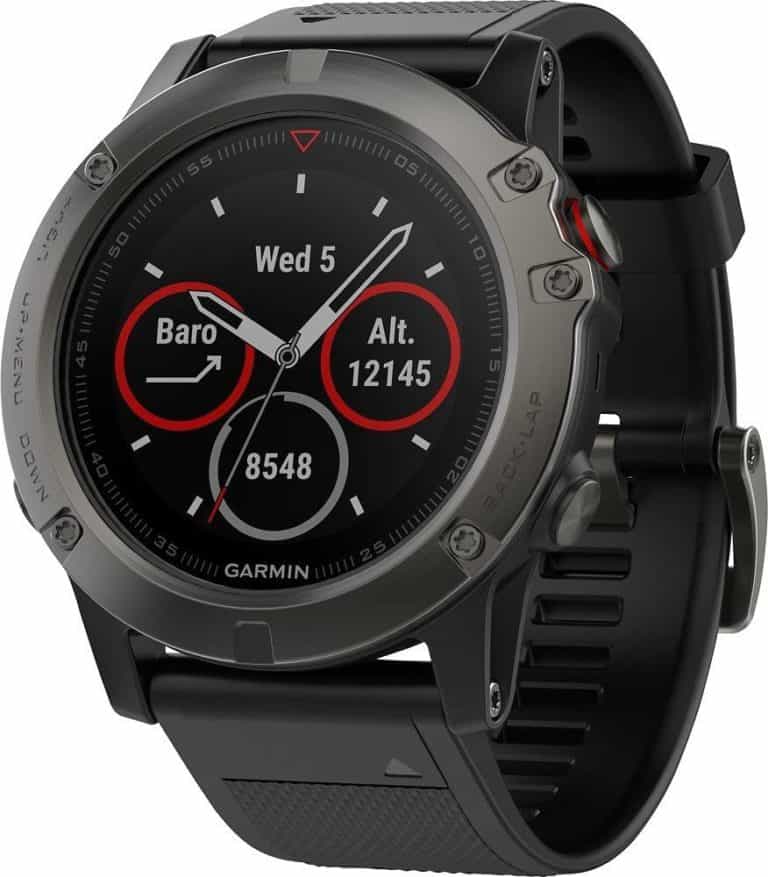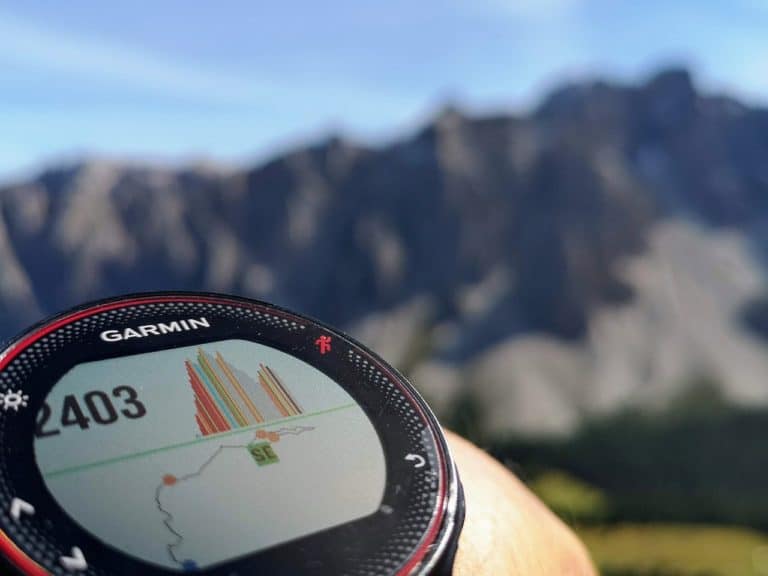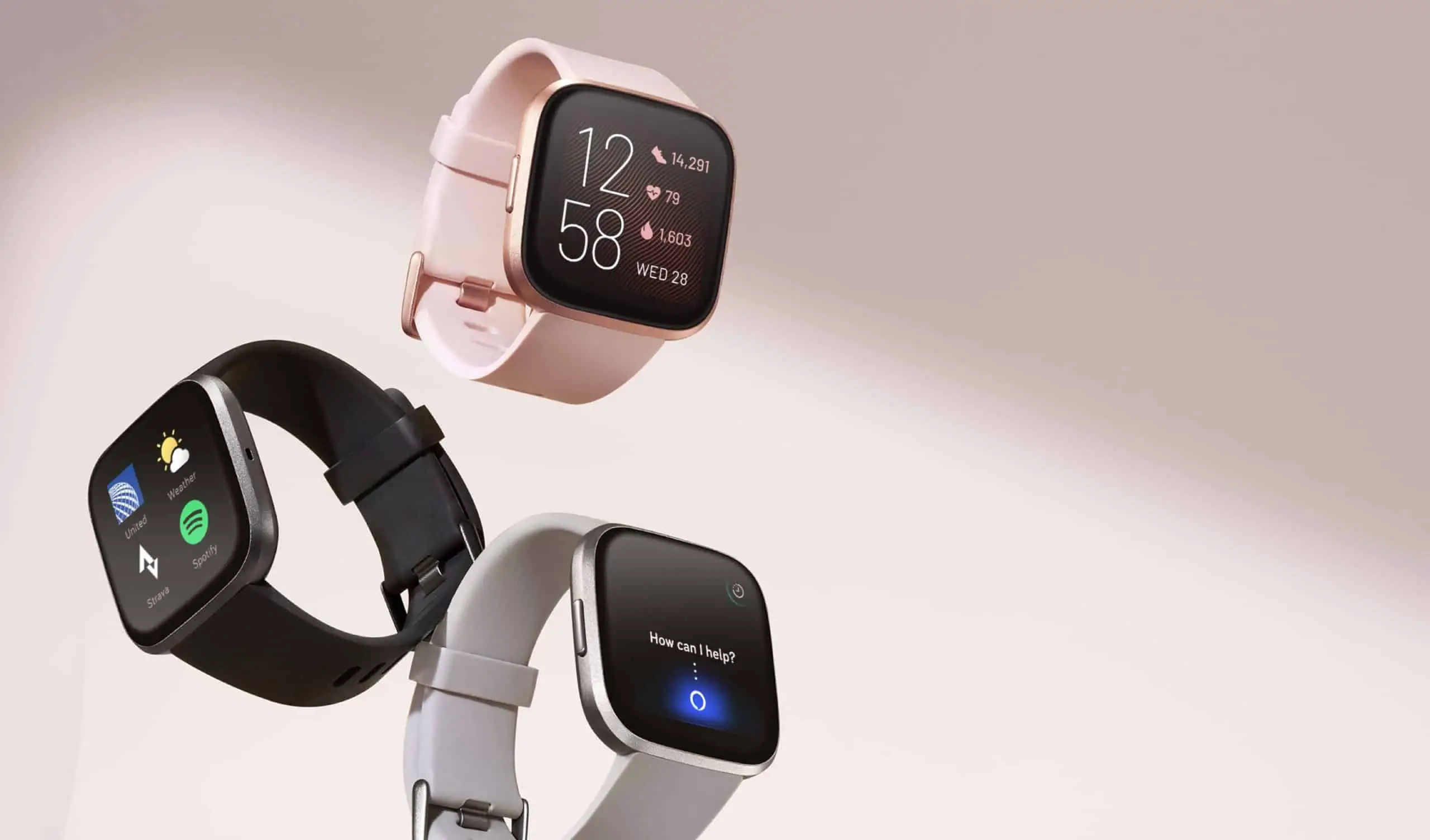If you have a smartwatch or a fitness tracker, you already know that your gadget can monitor your sleep. The sleep monitor keeps track of when you fall asleep and wakes up when you toss and turn, and when the quiet alarm wakes you up in the morning, all of your data is shown on a screen for you to review.
You know how long you’ve slept and if it was somewhat pleasant, and if you’re competitive, you’re eager to obtain a better night’s sleep tonight. But, how do smartwatches monitor sleep?
How Does Sleep Monitoring Work With A Smartwatch?
Our bodies cycle through many stages of sleep, from light to profound to rapid eye movement. Specific equipment may pick up on many physiological indicators throughout these times.
Techniques like actigraphy and polysomnography are utilized in therapeutic settings to collect data. However, it is widely understood that wearing a wristwatch in your bedroom might be more effective for achieving objectives than sleeping in an unfamiliar place connected to a tangle of cables.
Monitoring your sleep is an incredible asset. It is essential since there may be more than one condition stopping you from sleeping. They can measure the quality of your sleep, the numerous stages you go through, how long you sleep, environmental elements like temperature, noise, and light, and even lifestyle aspects like how much coffee you consume or how much stress you are under.
When identifying sleep complexities. However, you should consider many things. Many of these are inaccessible through the smartwatch. During a visit to a sleep clinic, you may expect to have your heart rate, blood oxygen saturation level, and eye movements all checked. However, a wristwatch can only monitor a subset of these.
How To Interpret Sleep Data On A Smartwatch/Fitness Tracker?
Now that we’ve covered how a smartwatch records Sleep, let’s look at how you can use this information to enhance your sleep quality.
As previously said, smartwatches provide a sleep score based on their data. This sleep score is a fantastic place to start when trying to understand your sleep quality. However, it is just a snapshot of your sleep and does not provide much data.
To receive more thorough information about your sleep, look at the sleep phases data provided by most smartwatches. This data will show you how much time you spend in each stage of sleep and provide you with a clearer picture of the quality of your sleep.
– Sleep Duration
Sleep duration, including time of sleeping and awake, is equally as essential as sleep quality.
– Sleep Efficiency
Sleep efficiency compares the time spent sleeping to the time spent in bed. For example, if you slept for 6 hours but were in bed for 8 hours, your sleep efficiency would be 75%.
– Time Awake
Time awake refers to the time you spend awake throughout the night, including time spent tossing and turning and getting up to use the restroom.
– REM Sleep
The deepest period of sleep, during which you dream. It’s necessary for memory and mental processing.
– Deep Sleep
The second deepest stage of sleep, deep sleep is vital for physical healing.
– Light Sleep
Light sleep is the shallower stage of sleep that accounts for the majority of your sleep duration.
Certain smartwatches enable you to display a graph of your sleep score, heart rate, and respiration rate while sleeping to get more comprehensive data.
Do Smartwatch Sleep Trackers Accurate?
The simple answer is yes, Smartwatch sleep monitoring is largely accurate. The data from the wearable tracker was mainly consistent with that of the more in-depth, time-consuming, and costly test.
Again, Smartwatch sleeps tracking functions capture movement and maybe heart rate. It does not monitor brain waves, which are required to distinguish sleep phases and provide complete sleep information. Smartwatches, although technologically sophisticated, are ultimately consumer items. If you have major issues with your sleep, see a doctor rather than your app.
Which Are The Best Apps To Monitor Sleep?
With sleep tracking apps being available for so long, in addition to own-brand applications, there is a range of third-party apps which can monitor your sleep via a smartwatch. A few great options include:
– SleepScore
You can use SleepScore on Both Android and Apple devices. This app monitors your sleep using sonar technology, providing an accurate study of your nocturnal patterns. It also monitors the amount of noise and light in the surroundings.
– Sleep++
Sleep++ is a free app that works with Apple Watches. Sleep++ is a sleep tracker that provides precise sleeping periods and moments throughout the night when you are awake or restless. It does not, like other applications, monitor changes in light or sound. However, it does track heart rate.
– Pillow
Pillow is an app for the iOS platform. Pillow displays a visually pleasing breakdown of your sleep phases. Throughout the night, it tracks everything from your heart rate and breathing rate to the amount of oxygen in your blood and even the noise level.
– Sleep Cycle
Sleep Cycle is available for download for Android, Apple, and Huawei smartphones. Keep an eye on your sleep pattern, if disturbances keep you awake. It distinguishes between snoring and infant crying and overlays them on your unique sleep graph.
Which Are The Best Smartwatches To Monitor Sleep?
Many products on the market offer only devoted sleep tracking features. However, several of the main smartwatch manufacturers have integrated this technology into actual multitasking devices. People are demanding additional functionality from their smartwatches. Allowing them to make a phone call or offer instructions, as well as monitor their blood pressure and sleep.
The Fitbit Sense is an incredible wearable smartwatch that also functions as a sleep tracker. It delivers daily updates via the Sleep Stages tool, displaying an estimate of your waking periods, light and deep sleep routines, and REM.
You can also compare your sleep cycles and rate the quality of your sleep using Fitbit Sense. It employs technologies such as blood oxygen monitoring, heart rate, and movement tracking.
The Garmin Fenix 6 Pro, another newcomer to the race of sleep tracking, has been making waves owing to its new and better algorithms. This smartwatch is gradually gaining popularity for monitoring and evaluating sleep habits.
You can track the different phases of sleep, from light to profound. It even goes so far as to offer you a single number for how you slept that night. It does this by using sensors such as respiratory rate, heart rate, blood oxygen, and pulse ox.
Is Sleep Tracking Necessary?
We’re tracking so much these days that we’ll have to stop and think about why we’re tracking it. We don’t need the gadget to notify us when we don’t get enough sleep – we feel sleepy and angry and know it’s because we didn’t get enough rest. The figures on the smartwatch screen in the morning don’t provide any fresh information.
Some smartwatch and sleep tracker users believe that just as wearing a fitness tracker pushes us to be more active, wearing a smartwatch or sleep tracker encourages us to go to sleep at a decent hour and enables our bodies to genuinely relax. Excellent numbers excite us since they tell us that we’ve done something well.
We like congratulating ourselves on walking 10,000 steps per day or sleeping eight hours every night. Furthermore, they are little objectives that we can reach if we are aware of them.
Even if we have to engage in these pointless mental exercises, it’s possible that wearing a smartwatch to bed may motivate us to improve our sleep quality.
Conclusion
If you’re having trouble sleeping, wearing a fitness tracker or smartwatch might be one of the simplest methods to detect any sleep issues early.
By identifying these issues sooner rather than later, you could make the necessary modifications to your sleeping routine and finally receive the rest you need. And, happily, smartwatches are inexpensive tools to check your sleep quality at home, so there’s no excuse not to experiment with them!

